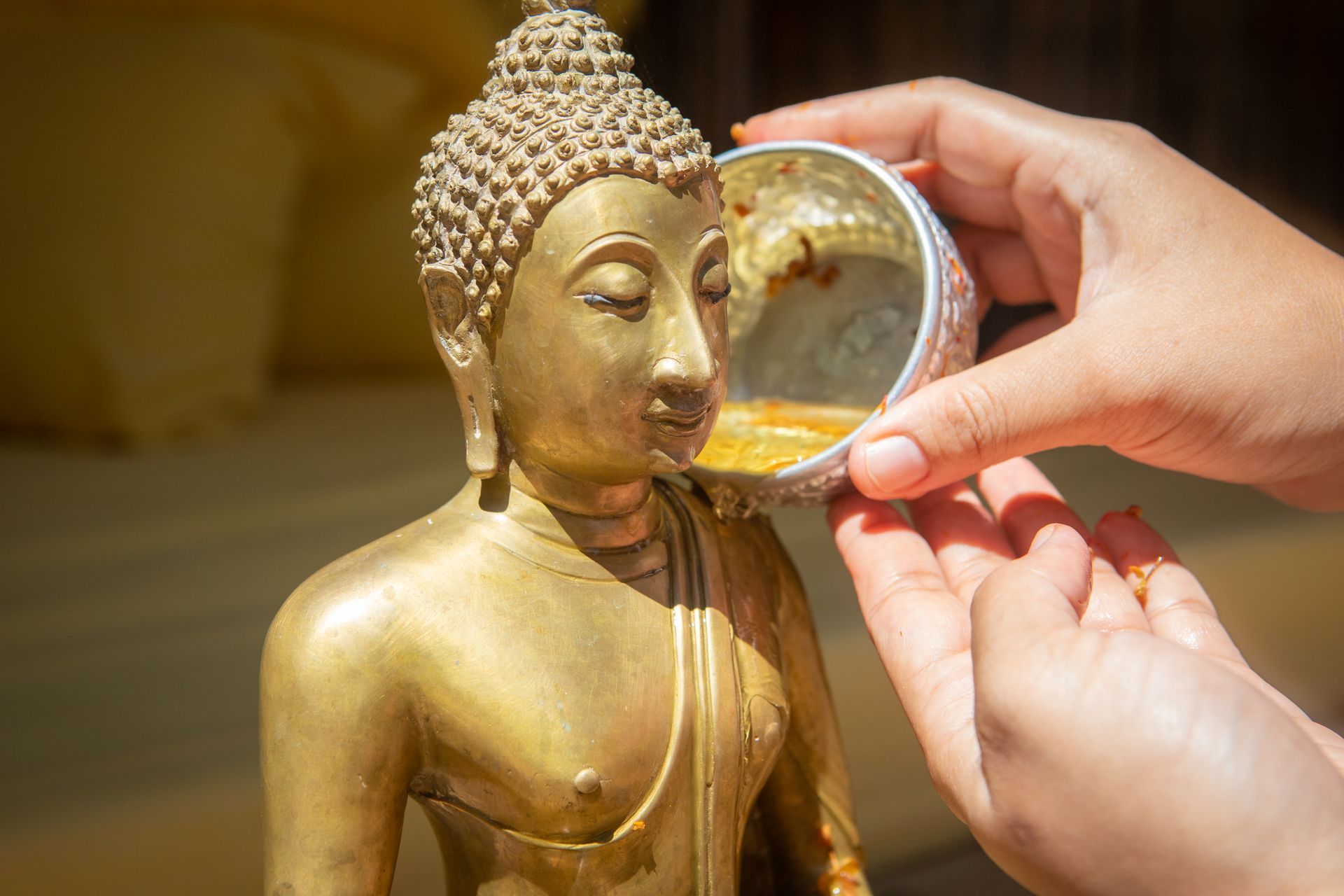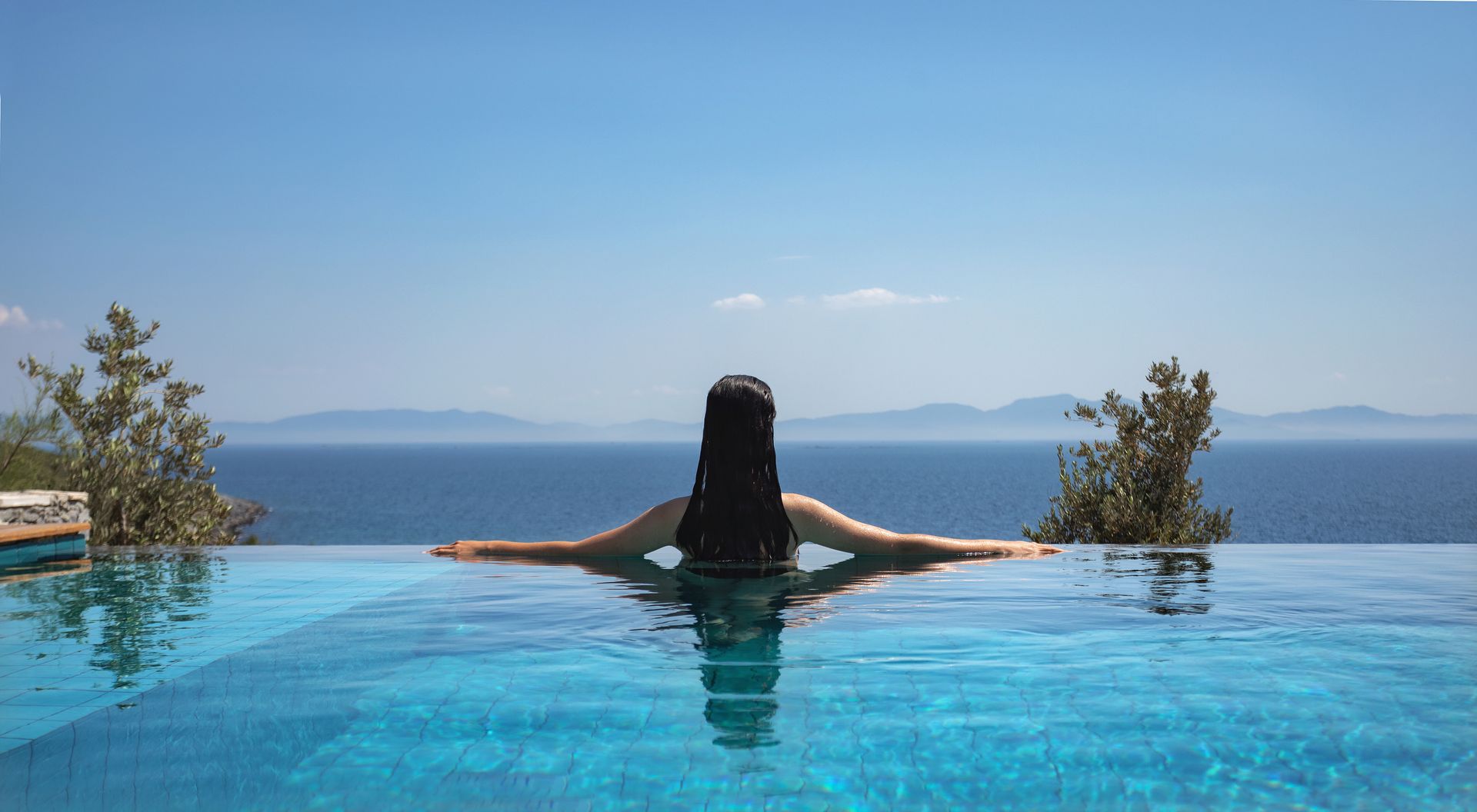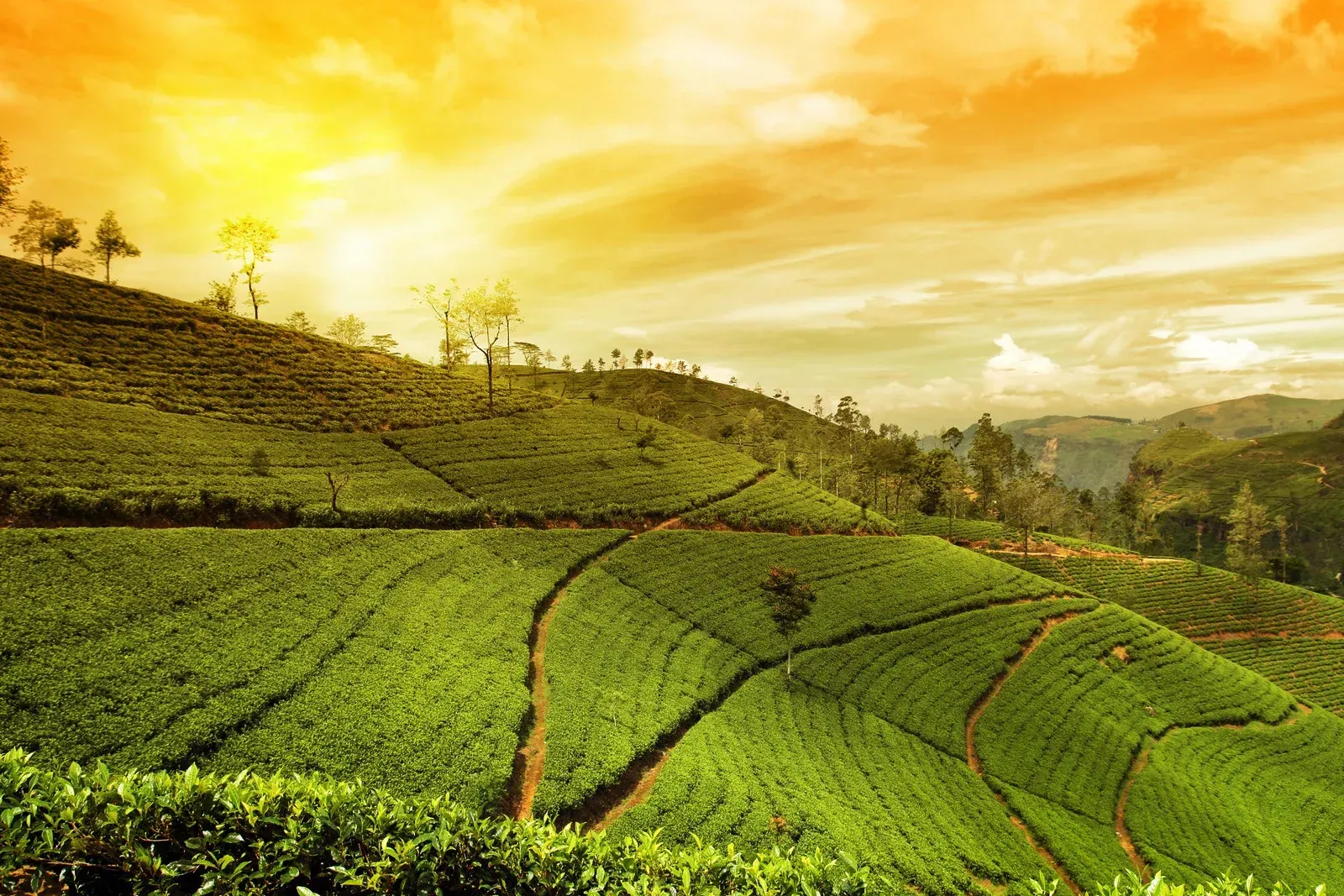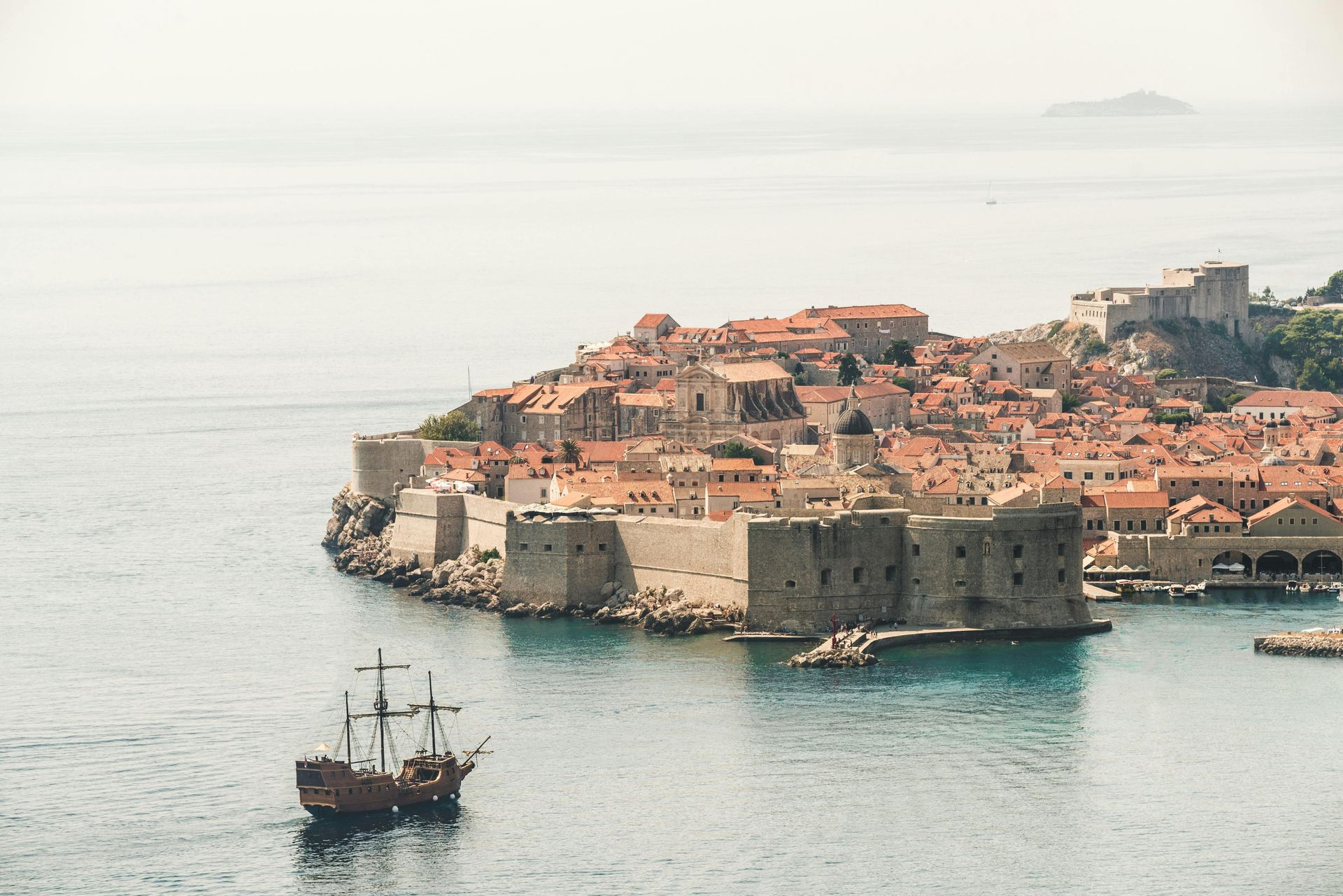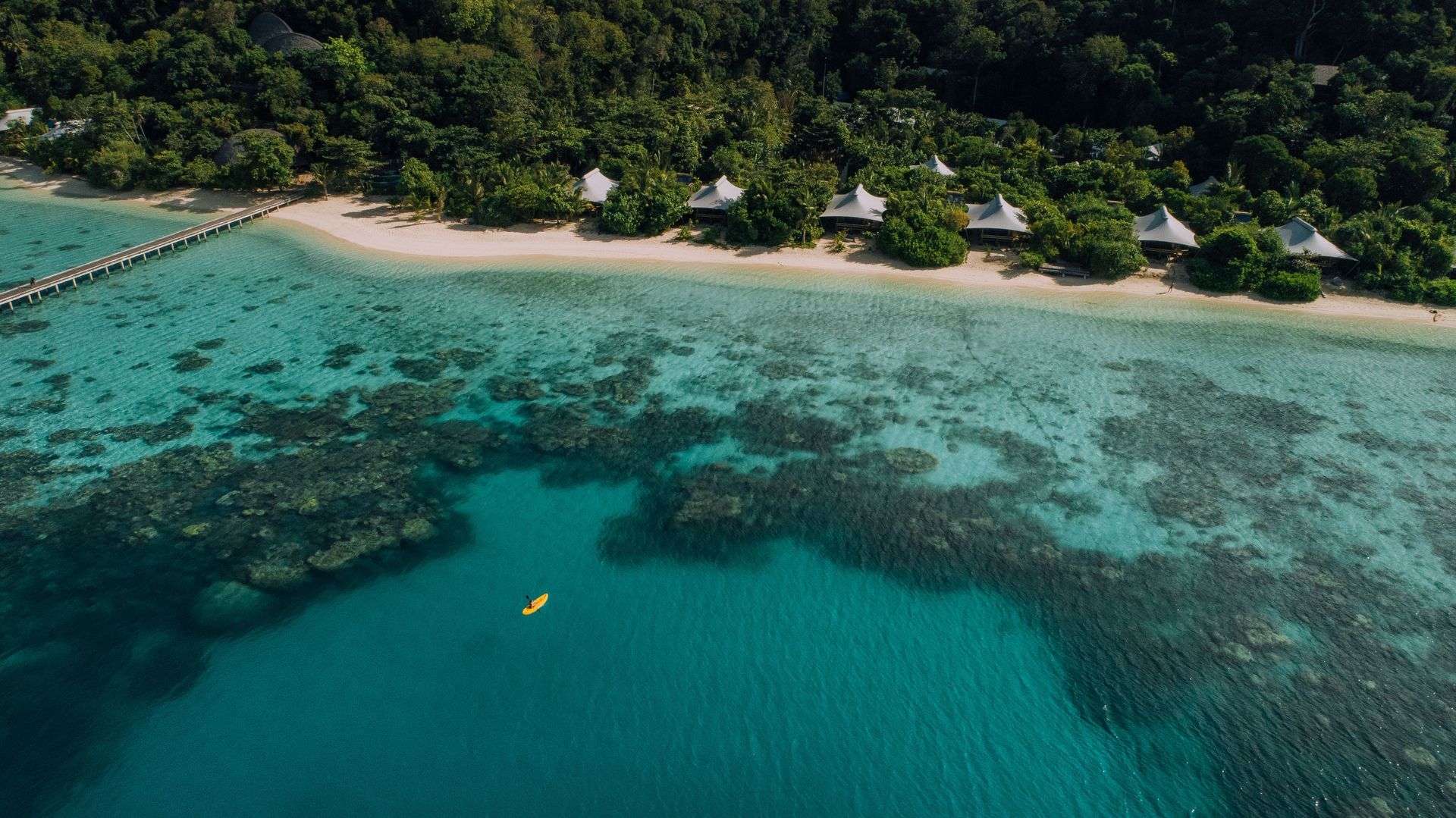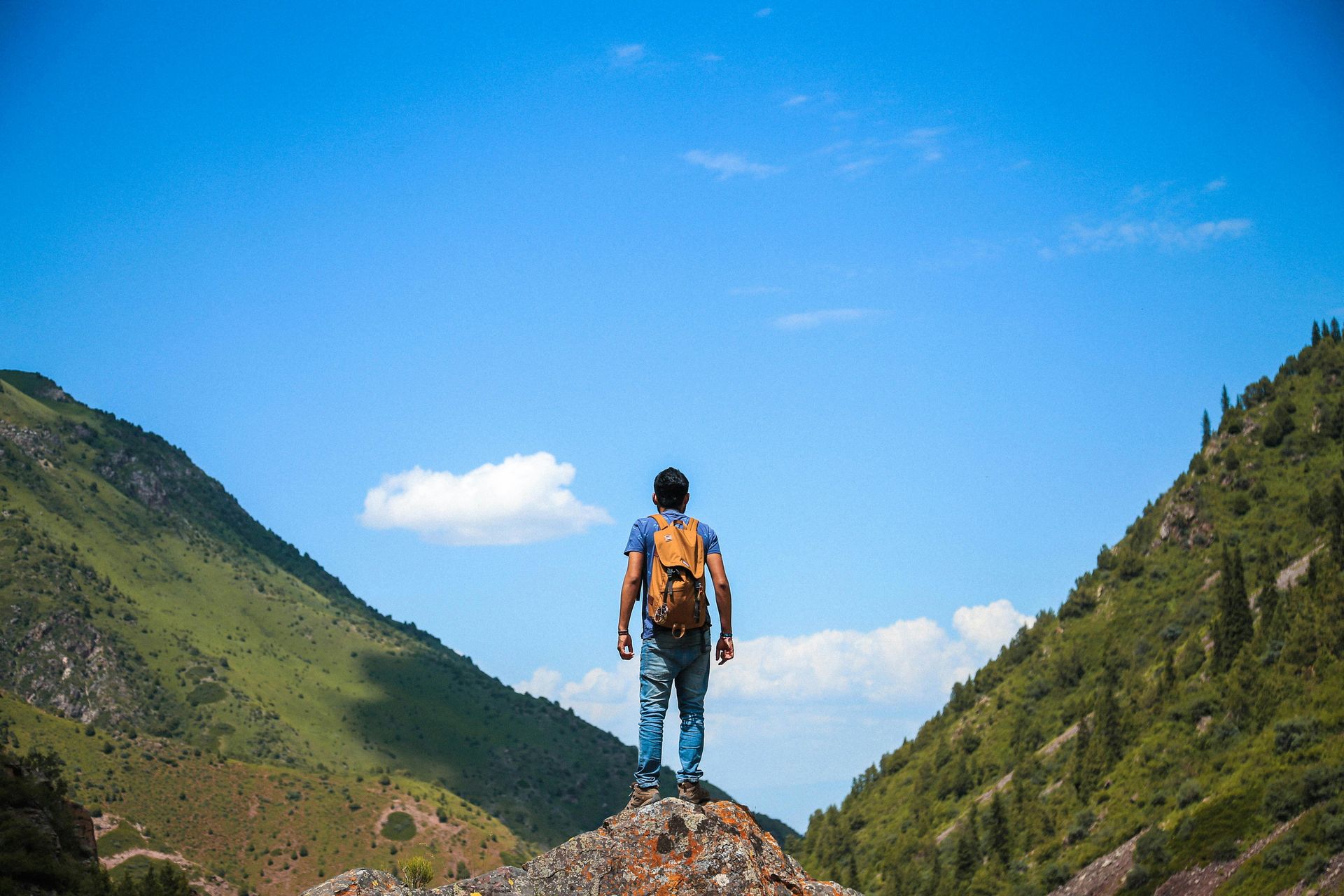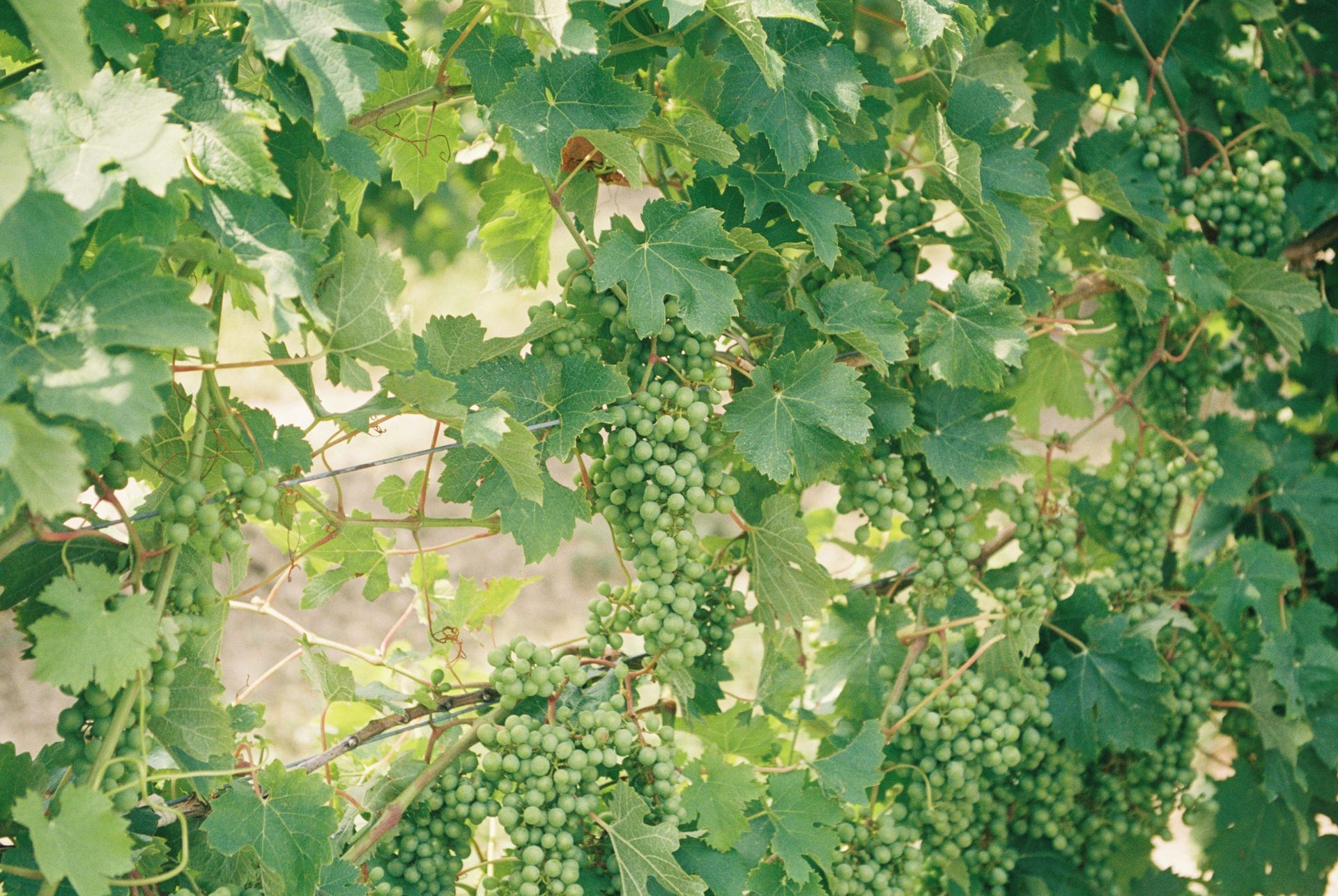Can Luxury Travel be Sustainable?
Can Luxury Travel be Sustainable?
Luxury travel, once synonymous with opulence and excess, is undergoing a transformative shift.
As the world grapples with the climate crisis, travellers are increasingly aware of their environmental impact. This awareness extends to the realm of luxury, where the desire for indulgence now coexists with a growing commitment to sustainability. The question arises: Can luxury travel truly be sustainable?
The short answer is yes. With careful planning, innovative approaches, and a genuine commitment to reducing environmental and social footprints, luxury travel can align with sustainability principles. This article explores how the industry is evolving and how travellers can enjoy unparalleled experiences without compromising the planet's health.
Defining Sustainable Luxury
Sustainable luxury might seem like a paradox. Luxury, after all, is often associated with extravagance, while sustainability typically calls for restraint. At its core, sustainable luxury is about creating exceptional experiences while minimising environmental impact and supporting local communities. It’s the fusion of comfort and conservation, where high-end experiences are designed not only to indulge guests but also to respect and preserve the natural and cultural environments in which they operate. Sustainable luxury isn't about sacrificing quality or comfort; instead, it's about
redefining luxury to include a commitment to the well-being of the planet and its people.
Examples of Sustainable Luxury Hotels and Resorts
The hospitality industry is increasingly recognising the demand for sustainable options, and many luxury hotels and resorts are leading the charge. Here are a few examples that demonstrate how luxury can be seamlessly combined with sustainability.
1. Six Senses Laamu, Maldives
Located in the pristine Laamu Atoll, Six Senses Laamu has been designed to have minimal impact on its surroundings. It uses locally sourced materials, and its villas are built on stilts to preserve the delicate ecosystem below. The resort also has a marine conservation programme and works closely with local communities to support education and conservation initiatives.
2. Bawah Reserve, Indonesia
Located in Indonesia’s Anambas Archipelago and Accessible only by seaplane, Bawah Reserve is committed to protecting its pristine environment. The resort operates with a zero-waste policy, relying on solar power and rainwater harvesting. The resort’s architecture blends seamlessly with its natural surroundings, using bamboo and recycled materials. Bawah Reserve also supports marine conservation and the reforestation of the islands, ensuring that its impact on the environment is minimal while providing guests with an unforgettable experience.
3. Fogo Island Inn, Canada
Situated on the rugged shores of Newfoundland,
Fogo Island Inn was built to revitalise the local economy and preserve traditional craftsmanship, and all profits are reinvested in the community. Guests are treated to a luxurious experience that includes locally sourced food, traditional furniture, and unique cultural experiences, all while contributing to the sustainability of the local economy and environment.
Balancing Comfort with Conservation
One of the key challenges in sustainable luxury travel is the expectation of a high level of service, but how can this be achieved without placing undue strain on the environment?
The answer lies in shifting our focus from quantity to quality. Instead of endless amenities and activities, the emphasis is on authentic, locally inspired experiences that connect guests with the culture and environment of the destination.
Additionally, thoughtful design and operational practices such as the use of solar panels, wind turbines, hydroelectric power, and other renewable energy sources can significantly reduce a resort's carbon footprint.
Moreover, luxury properties are adopting more sustainable food practices, such as
farm-to-table dining, which reduces the carbon footprint associated with food transportation and supports local agriculture. By prioritising local, seasonal produce, these establishments not only provide fresher, more flavourful meals but also help preserve the culinary traditions of the area.
The Role of Technology in Sustainable Luxury
Technology plays a crucial role in advancing sustainable luxury travel. Innovations in building design, energy management, and guest services are making it easier for luxury properties to reduce their environmental impact without compromising on comfort.
1. Smart Building Design
Smart building technologies, such as automated lighting and climate control systems, help reduce energy consumption by adjusting settings based on occupancy and weather conditions. These systems ensure that energy is used as efficiently as possible.
2. Renewable Energy
Many luxury properties are investing in renewable energy sources. Solar panels, wind turbines, and even geothermal energy are being integrated into resort designs, significantly reducing reliance on fossil fuels. Additionally, energy storage systems allow these properties to harness renewable energy even when the sun isn't shining, or the wind isn't blowing.
3. Water Management
Water scarcity is a growing concern and luxury resorts are harnessing technologies such as rainwater harvesting, greywater recycling, and desalination to reduce water consumption and ensure that local water resources are not depleted.
4. Virtual Experiences
Virtual reality (VR) and augmented reality (AR) are being explored as tools for offering immersive experiences without the need for physical travel. While this technology is still in its infancy, it represents a potential avenue for reducing the carbon footprint of luxury travel.
Supporting Local Communities and Economies
A key aspect of sustainable luxury is the support of local communities and economies. Luxury travellers are increasingly interested in experiences that allow them to engage with local cultures in meaningful ways. This shift has led to a rise in community-based tourism initiatives that benefit both travellers and the communities they visit.
By staying at eco-conscious resorts that prioritise local employment, source materials and food locally, and reinvest profits into community projects, travellers can ensure their visit has a positive impact. For instance, many sustainable luxury hotels partner with local artisans and businesses to offer guests authentic cultural experiences, such as guided tours, traditional cooking classes, and handicraft workshops.
Moreover, sustainable luxury travel often includes initiatives that directly contribute to the well-being of local communities, such as funding for schools, healthcare, and conservation projects. By participating in these initiatives, travellers not only enjoy unique and enriching experiences but also contribute to the sustainability of the destinations they visit.
Future Trends in Sustainable Luxury Travel
As the demand for sustainable travel continues to grow, the future of luxury travel will likely be shaped by several key trends.
1. Increased Transparency
Travellers are becoming more discerning and demanding transparency about the sustainability practices of the hotels and resorts they choose. In response, more luxury properties are adopting rigorous sustainability standards and certifications, such as those from the Global Sustainable Tourism Council (GSTC).
2. Regenerative Travel
The concept of regenerative travel goes beyond sustainability, focusing on leaving a destination better than it was before. This approach emphasises the restoration and revitalisation of natural and cultural resources, and it's expected to become a significant trend in luxury travel.
3. Personalised, Slow Travel Experiences
In the future, we may see a shift towards slower, more personalised travel experiences. Rather than ticking off destinations from a list, travellers will seek deeper connections with the places they visit. This trend aligns with the principles of sustainable luxury, where quality and authenticity are prioritised over quantity and speed.
4. Circular Economy Practices
Finally, the adoption of
circular economy practices in luxury travel is on the rise. This approach minimises waste by reusing, recycling, and repurposing materials. For example, some luxury resorts are already implementing zero-waste initiatives and using upcycled materials in their construction and decor.
Conclusion
Luxury travel and sustainability are not mutually exclusive. Through thoughtful design, innovative technology, and a commitment to supporting local communities, the luxury travel industry can create exceptional experiences that do not compromise the health of our planet. As travellers, we have the power to make choices that align with our values, ensuring that future generations can continue to explore and enjoy the world’s most beautiful destinations. Sustainable luxury is not just a possibility; it is the future of travel.

